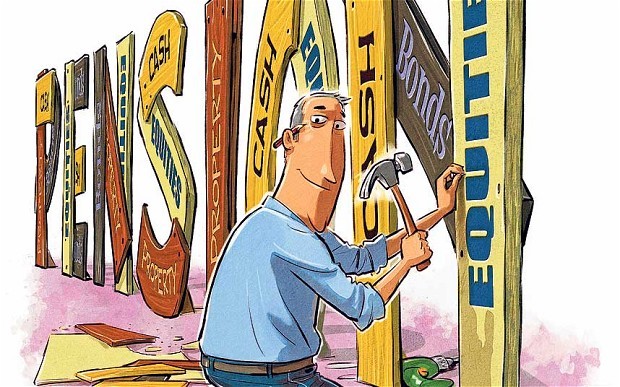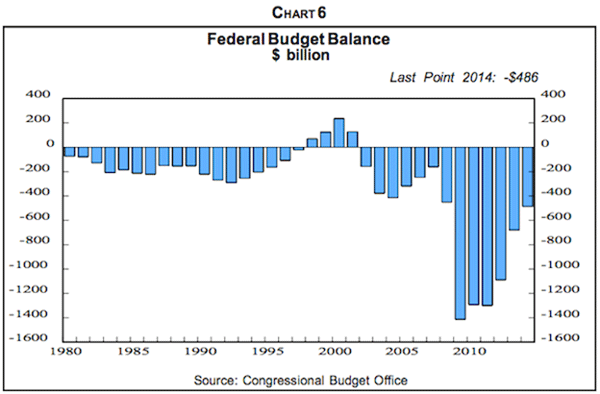8 Things You Need to Know About Buying Bonds Now US News
Post on: 6 Сентябрь, 2015 No Comment

Investors dumped bonds at a record rate in June. Some say they’re now a bargain.
If the Federal Reserve is planning to stop buying bonds should you do the same? The answer that investment managers and risk advisers give is that individual investors should definitely start tapering too – if they haven’t already.
Many already have dumped their bond funds. The Fed in mid-June confirmed plans to start cutting back on its $1 trillion a year in bond purchases as early this fall. TrimTabs Investment Research says bond fund redemptions had already reached a single-month record $61.7 billion worth with a week left in the month. TrimTabs says it’s a dramatic departure of mutual fund faithfuls who have been pouring funds into bonds since the stock crash of 2008.
As the fund exodus accelerated, bond prices tumbled and yields rose, the debate became whether the market had overshot. And no doubt there are amazing fixed income trading opportunities after the panic selling that caused the benchmark 10-year U.S. bond yield to leap 67 percent, from its May low of 1.5 percent to 2.5 percent now.
But unless you are a bond trader, the long-term trend is clear. Rates will rise, and advisers say to ignore the day-to-day financial television chatter of bond market insiders and Fed officials doing damage control in the market.
There will be more landmines ahead for income investors, says Anton Bayer of Up Capital Management, an investment and financial planning firm. And as interest rates rise, the risk of credit problems will grow. He says this means investors should worry not only about the loss of yield, but also repayment problems.
What should investors consider as they make investment choices going forward. Here are tips from allocation experts:
1. Avoid long-term or intermediate fixed-income bonds. Fixed-rate bond prices lose value as higher-yielding securities flood the market. Once they decline during the Fed tapering, which has not even started yet, they may not regain value for a long time.
2. Bond funds are more vulnerable to market swings than individual bonds. If you bought a bond to hold to maturity it will pay its yield then repay you at par value. For holders of bond funds, however, there is no such protection from market swings. Their value floats each day depending on the market prices of the fund’s holdings, and that’s what investors will get when they sell.

3. Debt of short-duration will hold up better than longer-dated. With their shorter maturities, these funds can to shake off the effects of rising rates and move on as the funds turn over their holdings. Bryn Mawr Trust Chief Investment Officer Ernie Cecilia cites funds like Vanguard Short-Term Investment Grade Fund and Pimco Low Duration Fund as solid options that will hold up relatively well.
4. Strategic allocation multi-sector bond funds might hold up better as well. These funds swap between longer and shorter maturities depending on market conditions and employ hedging and other strategies to limit the impact of rising rates. They could be better bets in a time of transition to higher rates, says Bayer of Up Capital.
5. Total return funds like Pimco Total Return Fund, run by Pimco founder and co-chief investment officer Bill Gross, tend to have more long-dated securities than other bond fund classes and are more susceptible to market swings. Gross’s Pimco fund fell to the bottom of the pack over the past month when the bond market turned sharply lower. His fund was also slammed as bond prices turned higher two years ago. Bayer says total return funds whose strategy of maximizing returns may work well in stable times can have problems during market transitions.
6. High-yield and junk bonds, and the mutual funds that hold them, might outperform at some point soon in the cycle. They behave differently from other fixed income because their prices are affected much more by credit quality. Defaults decline in stronger economic times, which boosts their market price and total return. They fell sharply with the rest of the bond market. But it boosted yields from all-time lows of 5 percent to a more attractive average of more than 6.5 percent.














